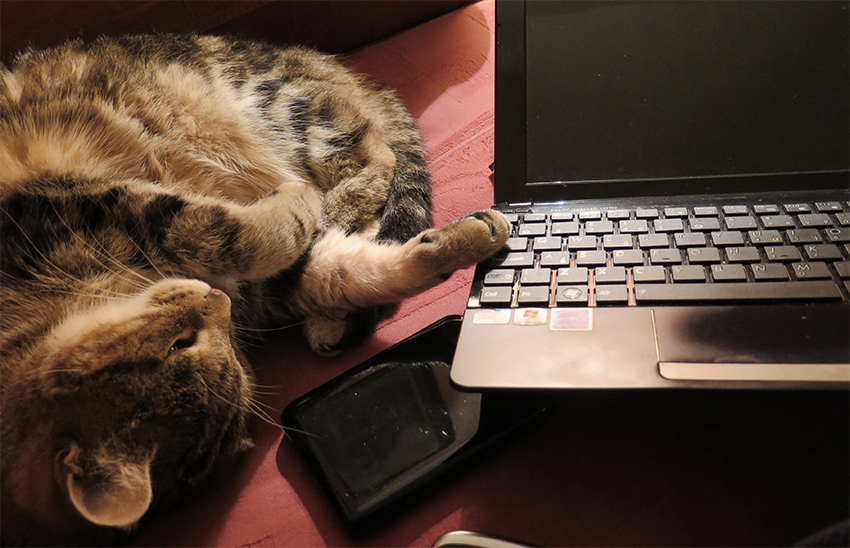The Future Will Be Online TV, But That Might Come With Online Blackouts
It’s been a heck of a week for anyone who’s been waiting for all their TV to go online. HBO, CBS, and Univision have all announced online streaming subscription packages this week, which is big news for consumers. But the future, while different, may not be rosy. You can’t watch streaming video without internet access, after all. So what happens to your show when your TV network and your ISP get mad at each other?
The fine folks over at the WaPo’s The Switch point out that this is exactly the kind of problem we’re likely to see someday.
The Switch quotes Ross Lieberman, who works for the American Cable Association and who tweeted out the big question: “If CBS and a cable op[erator] can’t agree on a [retransmission] deal, will CBS block that op’s broadband sub[scribers] from accessing its new streaming service?”
Cable or satellite blackouts happen relatively often when two companies can’t agree on contract terms. This year, for example, The Weather Channel went dark on DirecTV for three solid months when the two could not agree on terms. The Weather Channel wanted more money than DirecTV was willing to pay, so no new contract was signed as the old one expired, and 20 million customers were unable to watch Jim Cantore stand in the rain as a result.
As carriage disputes go, though, that one was mild even though it was protracted. Some are much more contentious, like last year’s dispute between CBS and Time Warner Cable. The CBS/Showtime blackout that resulted was disastrous for TWC, which lost over 300,000 subscribers. And in an era where cord-cutters are ascendant, and ever-more content is available without a cable box, those are subscribers that pay-TV companies aren’t going to get back.
So what might happen as we put more and more TV online?
Content companies — broadcast networks like CBS, as well as premium channels like HBO — are going to stay on cable and satellite for a long time. They’re not going to walk away from those contracts, even as more Americans choose the online options instead. 90 million pay-TV subscribers is a big drop from 100 million pay-TV subscribers, but it’s still a lot of people and a lot of money.
But for viewers to watch online content, we need to pay an internet provider. And for huge swaths us our internet provider is also a pay-TV company that has a strong interest in double-dipping and making money wherever possible.
So let’s say that Comcast and CBS get into a carriage dispute in the future. If you don’t have a cable subscription, you don’t care that CBS and Showtime are going dark on cable boxes, because you only pay Comcast for broadband, and you pay $6 per month to CBS directly for online access to their content.
But you get that internet access from Comcast, and CBS is withholding their content from Comcast customers. So now, when you try to use the CBS subscription you’re paying for — on any of your devices — you get a big fat blackout error message on your app or browser preventing you from watching your content online.
Sound farfetched? It’s not. Online gatekeeping already happens on occasion. For example, earlier this year one basic cable network pulled a show off the air mid-season but put the remaining episodes online, on their website. However, for the first several days after the change, some customers who get both cable and internet from Comcast (including yours truly) were unable to access the show from the website, and instead received error messages about being required to subscribe to the channel.
It wasn’t a dispute, and Comcast and the network got it all sorted out in a few days (well before the show’s current season hit the ether). But it hints at some of the underlying problems that an unbundled, streaming future is likely to face. Content networks, pay-TV companies, and broadband companies all have a strong stake in accessing both the TV and online side of the equation. But they aren’t three distinct entities: there’s loads of overlap, and each company is likely to have even more competing interests over the coming years of change.
Only one thing remains ever true: no matter who argues, it’s consumers that get stuck in the middle.
Cable blackouts could someday be broadband blackouts, too [Washington Post]
Want more consumer news? Visit our parent organization, Consumer Reports, for the latest on scams, recalls, and other consumer issues.


